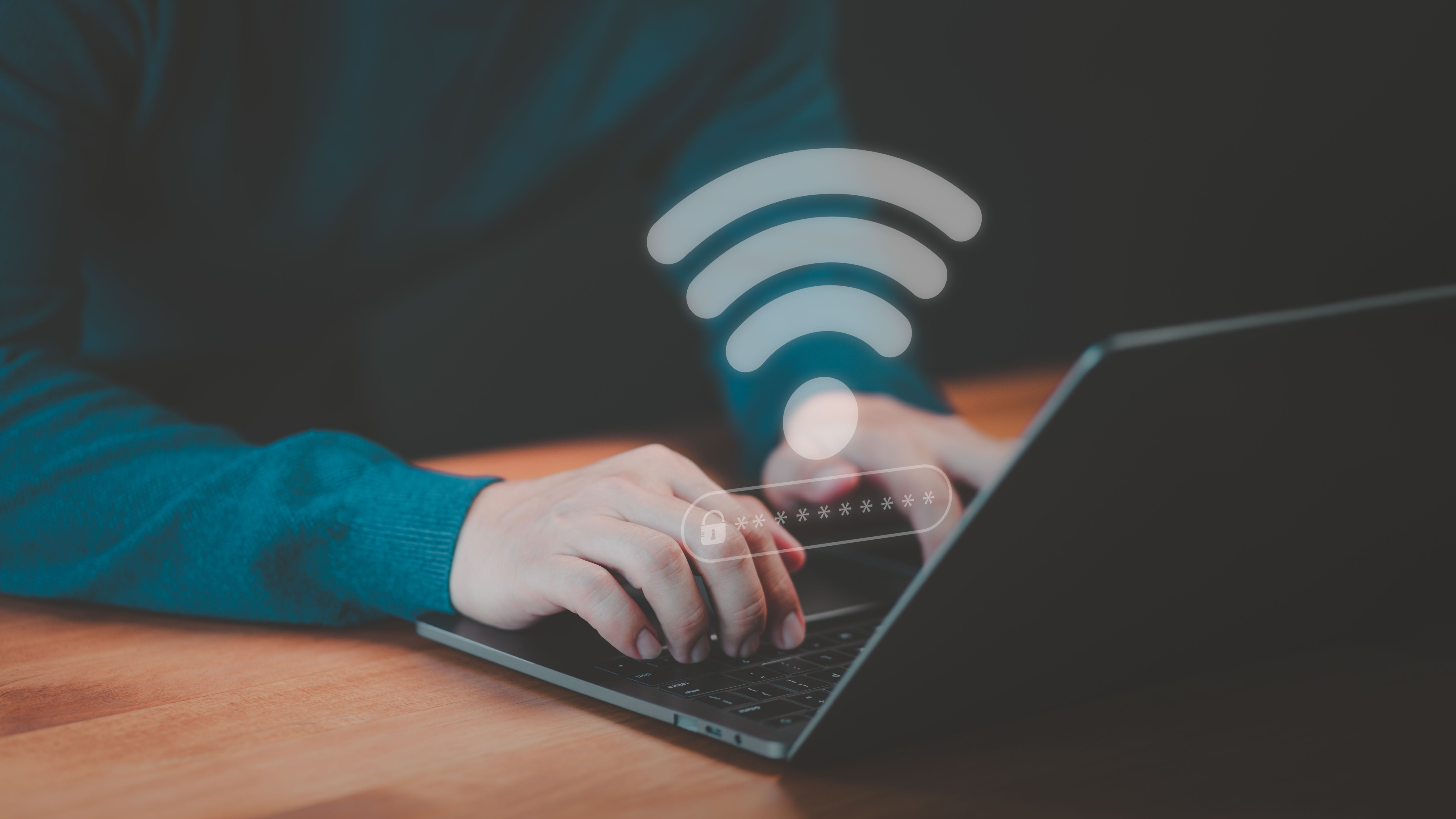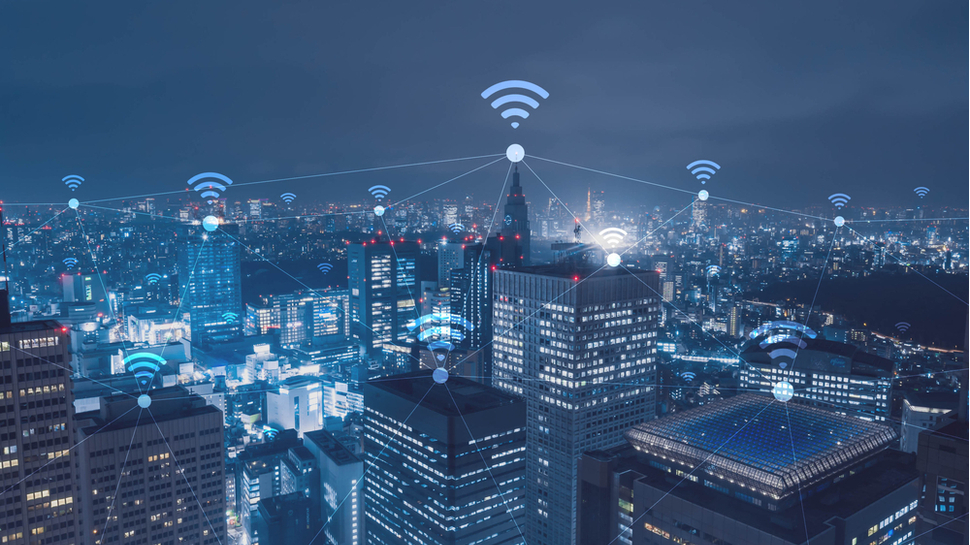Wi-Fi 7 is the next generation of wireless connections, already here, and offering incredibly fast connections in both personal, office, and commercial environments. Not only that but there are plenty of new features along with the faster speeds that should appeal to those who are looking to upgrade their connection.
There are plenty of reasons to make the jump, mainly because the technology behind Wi-Fi 7 is incredible and truly feels next-gen. However, there can be some downsides as well, including the price of admission since it would require you to pay for the connection as well as for one of the best Wi-Fi routers that can handle it.
The Wi-Fi Alliance has spoken at length about the benefits of Wi-Fi 7, but below is a summary of what you can expect if you make the jump.

Wi-Fi 7: cut to the chase
- What is it? Wi-Fi 7 is a wireless technology that continues to use the 6GHz spectrum to boost internet speeds even further.
- When is it out? It is currently available now in the US, UK, Australia, Japan, and Mexico. However, it still needs regulatory approval in many other countries.
- What will it cost? Even though the cost will depend on the router you buy, which can range from those provided by your internet service provider to well over $1,000/£1,000 for Wi-Fi 7 Mesh routers.
Wi-Fi 7 release date
Wi-Fi 7 is already out now and has been available since January 2024, though it'll still take years for a significant amount of people to adapt to it. According to the Wi-Fi Alliance, 233 million devices are expected to enter the market in 2024, growing to 2.1 billion devices by 2028.
It also states that smartphones, PCs, tablets, and access points (APs) are expected to be the earliest adopters of Wi-Fi 7, while customer premises equipment (CPE) and augmented and virtual reality (AR/VR) equipment will come after, continuing to gain early market traction.

Wi-Fi 7 routers and pricing
The price seems to range dramatically between Wi-Fi 7 routers, depending on the manufacturer and model. There are mainly Tri-band and Mesh routers out right now, but what's available doesn't fully indicate the average cost.
Some relatively affordable routers cost as low as $300, while others can set you back as much as $1,000 or more. There are also leased routers that internet providers often give you, however, those come with an additional monthly costs to your internet bill in return.
A few other companies have already launched Wi-Fi 7 routers including Netgear's Nighthawk RS700S. At CES 2024, Acer revealed its two Predator Connect gaming routers. The Predator Connect T7 supports Wi-Fi 7 tri-band which provides wider home coverage.

Wi-Fi 7 spec and performance
The Wi-Fi Alliance detailed the specs and performance of Wi-Fi 7. The first is the introduction of 320MHz channels, which are double the size of 160MHz channels. And though their larger bandwidth results in incredibly fast speeds, they can only be used within countries that allow for access to the 6GHz band. So far those include the US, UK, Australia, Japan, and Mexico, though a full list is available here.
There's also MLO or Multi-Link Operation. This allows devices on a network to transmit and receive data across multiple bands (mainly 2.4GHz, 5GHz, and 6GHz) at the same time. It results in more reliable service, higher latency, and high throughput. This is especially important for VR headsets, as receiving a stream on a 6GHz band while transmitting tracking information on a 5GHz band would make for optimal performance.
It would also feature deterministic latency, which lets devices know when to expect connection interruptions. This would also benefit VR headsets as it would warn of upcoming latency issues. There's also 4K QAM (Quadrature Amplitude Modulation), which sends 20% more data than the current 1024 QAM standard.
Finally, Wi-Fi 7 is backwards compatible with other Wi-Fi types, so older laptops will be able to connect to the new standard, though they may not be able to access the faster speeds Wi-Fi 7 offers, so make sure you check your devices' wi-fi capability before investing in a new Wi-Fi 7 router.
No comments:
Post a Comment